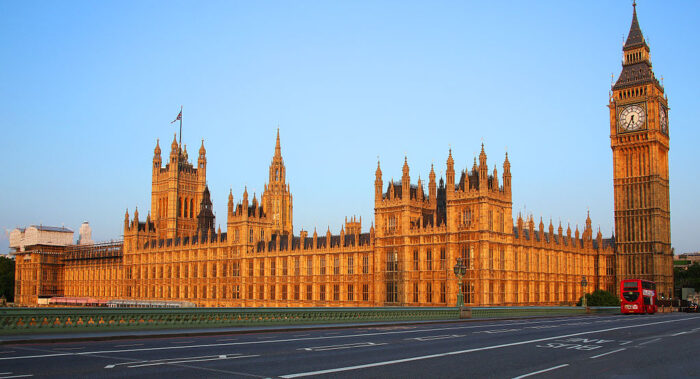
Labour has mothballed plans to make it easier to change the legal designation of one’s sex, the Times has reported.
They are now unlikely to adopt a self-id law, which has been in operation in Ireland since 2015.
It is believed that the step is partly meant to counter Reform UK’s surge in the polls.
During the election last summer Labour promised to change the process of requiring a panel of doctors and lawyers to approve gender recognition certificates. They alleged the process was “undignified”.
However, multiple sources said that the reforms were not a priority for ministers. They expect the plans to quietly “go away”.
Gender recognition and women’s rights have been a point of tension for Labour, but Sir Keir Starmer has strengthened his position on biological sex after previous struggles to define a woman.
On Sunday, Wes Streeting, the health secretary, bemoaned decisions taken by the NHS to remove the word “woman” from medical documents. He has also placed an indefinite ban on puberty blockers for children.

Marriages in China dropped by a massive 20pc last year despite big efforts by authorities to encourage young couples to wed and have children to boost the country’s declining population.
More than 6.1 million couples registered for marriage last year, down from 7.68 million the year before, figures from the Ministry of Civil Affairs showed.
The figure marks the fewest marriages since public records began in 1986 and is less than half the peak reached in 2013 when 12 million weddings took place.
The number of registered divorces increased by 1.1 percent year-on-year to 2.62 million in 2024.
While the roots of the crisis are complex, Chinese authorities are attempting to boost interest in marriage and baby-making.
Measures taken last year by authorities to tackle the problem included urging China’s colleges and universities to provide “love education” to emphasize positive views on marriage, love, fertility and family.
And in November, China’s state council or cabinet, told local governments to direct resources towards fixing China’s population crisis and spread respect for childbearing and marriages “at the right age.”
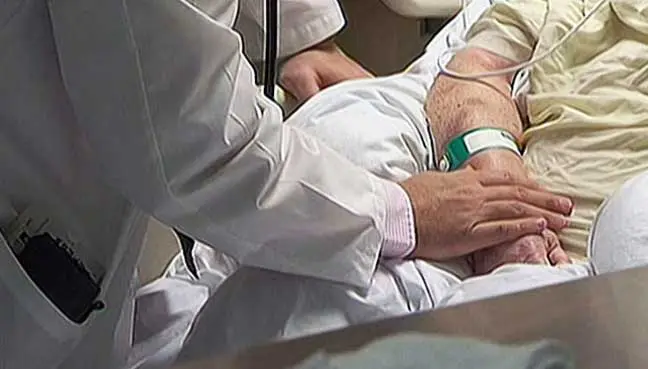
Upholding the dignity and rights of each person from conception to natural death is essential to healthcare, according to Irish bishop, Michael Router.
The auxiliary Bishop of Armagh is chairman of the Council for Healthcare of the Irish Catholic Bishops’ Conference and was commenting on Pope Francis’ message for the 2025 World Day of the Sick.
This view of healthcare has however, “been eroded in Ireland over the past decade with the introduction of a liberal abortion regime that has led to the deaths of over 30,000 children in the womb”, he said.
Likewise, introducing assisted suicide in Ireland would “fly in the face of the underlying principle of medical intervention – ‘Do no harm’”.
Instead, he said, “Increasing funding and capacity in the delivery of palliative care is the only compassionate and ethical way to approach end-of-life issues”.
https://www.catholicbishops.ie/2025/02/09/bishop-michael-router-healthcare-should-never-loose-sight-of-human-dignity-from-conception-to-natural-death/

The US Transportation Secretary Sean Duffy will prioritise families by giving preference to communities with higher marriage and birth rates when awarding infrastructure grants.
The move is part of a broader “family-friendly” agenda, most recently articulated by Vice President JD Vance who declared it “the task of our government to make it easier for young moms and dads to afford to have kids” and to “raise thriving and healthy families in our country.”
Family groups praised the initiative saying transportation spending has often been directed toward large, urban projects that end up favouring denser communities which are associated with lower family formation — less marriage and fewer children.
Brad Wilcox of the Institute for Family Studies said the new policy will likely “reorient transportation dollars to lower-density communities where there are more single-family homes, family life is often more affordable, and family formation is higher”.
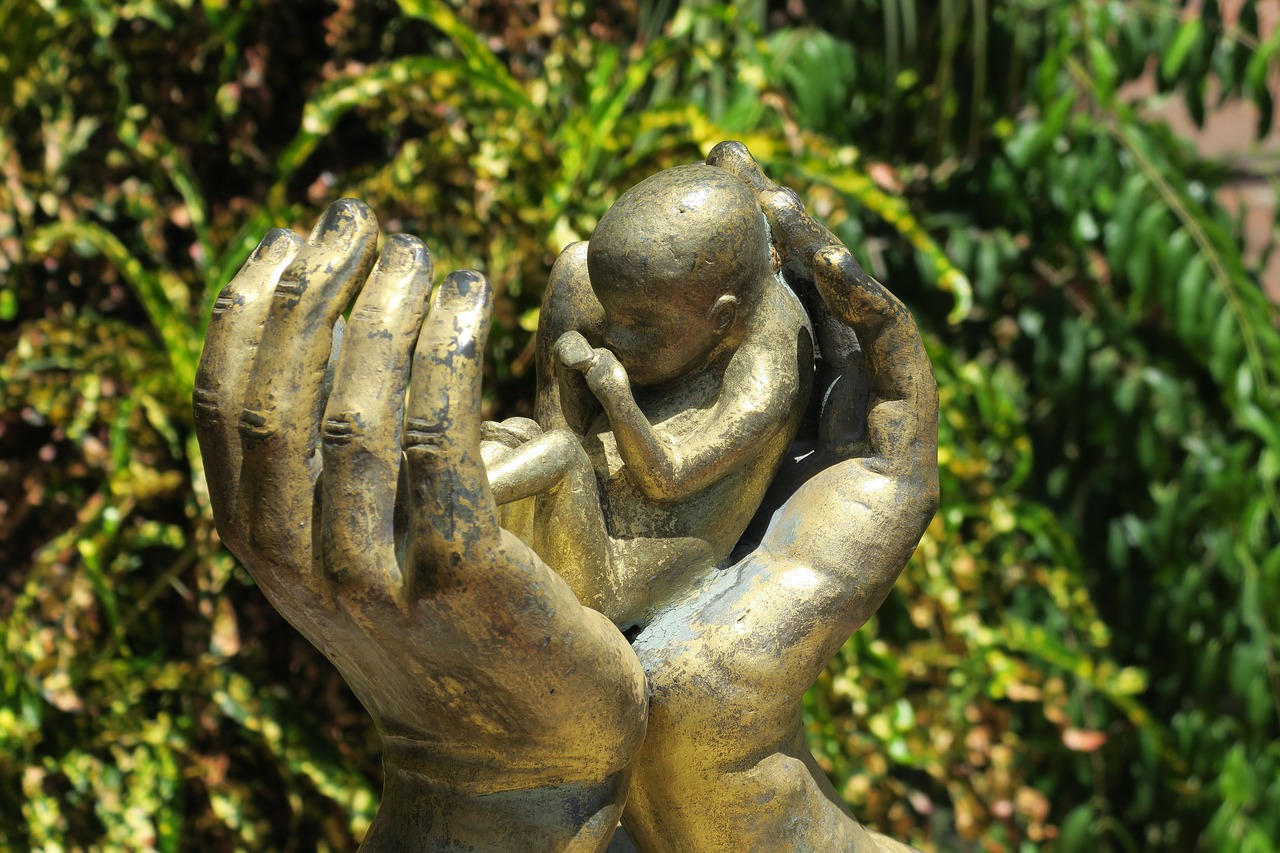
They say errors by doctors at the Nottingham University Hospitals NHS Trust led to them terminating their pregnancies.
Another family say a last-minute scan on the day they were due to have an abortion changed their minds and they are now the parents of a healthy nine-year-old boy.
One couples was offered a test, known as chorionic villus sampling (CVS), to check if their baby had any genetic or chromosomal conditions.
Two days later, the foetal care team at City Hospital in Nottingham told them the initial results indicated their daughter had a rare genetic condition called Patau’s Syndrome, which often results in miscarriage, stillbirth, or the baby dying shortly after birth.
The couple decided to have an abortion.
However, a second test, revealed to them six weeks later, showed their daughter had no chromosomal abnormality.
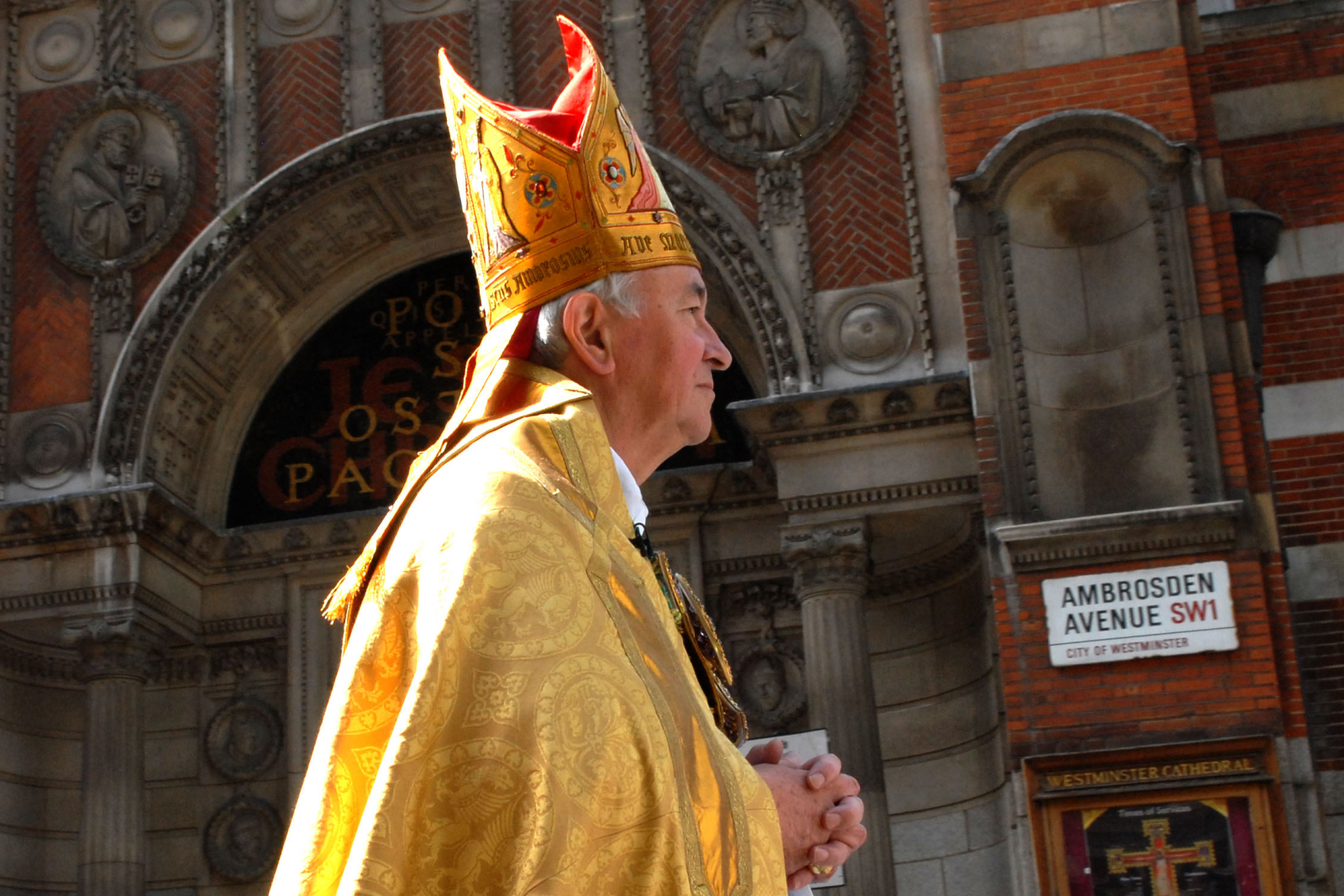
Cardinal Vincent Nichols has called the way in which the assisted suicide/euthanasia Bill is being handled by the UK government a “shambles”.
“I believe it is deeply irresponsible of any government to allow a change of this magnitude to be carried out without due, proper, government-supported parliamentary process,” said Cardinal Nichols.
“I think what’s happening, if it came to pass, would be the biggest change that this country has seen for many, many decades at least, probably more. On the back of what – five, six, seven hours’ debate?”
He added: “I was told that the fox hunting bill [in 2004] endured 700 hours of debate.”
Cardinal Nichols said that there was “something deeply lacking in a government that isn’t prepared to guide and sponsor, if it wants to, this process of legal change”, describing the ongoing process around the Bill as a “shambles”.
Despite these concerns, the cardinal said he still hopes that the Bill could be defeated.
Meanwhile, the Labour MP pushing the bill has made a concession that doctors would be banned from raising the option of assisted dying without discussing alternatives and must provide detailed assessments of patients’ mental capacity to decide their fate.

Placing countries that violate religious liberties on a watchlist of the world’s worst offenders is not enough to prevent future violations, according to a panel discussion at the International Religious Freedom (IRF) Summit held in Washington, D.C., this week.
The panel discussed the limitations of the State Department’s tool for combatting global religious persecution with USCIRF Chairman Stephen Schneck saying the country of particular concern (CPC) designation “really only works as an instrument for naming and shaming.”
“Real sanctions, real consequences on the ground in some practical way of effectiveness — that’s just not there in the way that the CPC designations currently work,” Schneck said. “We need to change the CPC designation in such a fashion that it has actionable consequences on the ground.”

The UK’s euthanasia/assisted suicide bill will “undermine daily efforts to prevent suicide”, particularly among the elderly, leading psychiatrists have warned.
A group of 24 experts said they were also “alarmed” by the speed with which the legislation was being pushed through parliament and said that it should instead be “overwhelmingly rejected”.
They argued that the bill could put pressure on patients who were lonely or grieving, or felt like a burden, to take their own lives instead of accessing psychological or psychiatric support.
The Terminally Ill Adults (End of Life) Bill, proposed by the Labour MP Kim Leadbeater, would allow people with less than six months to be legally assisted to end their lives. The law could come into force as soon as 2027.

English Bishop, Bosco MacDonald, has said marriage is a vital building block for a flourishing society.
The comments come ahead of National Marriage Week, celebrated from 7-14 February. However, the bishop’s advice that “we should all be working towards a society that values marriage” is not being heeded by younger generations.
In December 2024, UK charity Marriage Foundation found that just over half of all Gen Z men and women – 57 per cent of those born in 1997 and afterwards – will ever marry.
“This is why we must speak up for marriage and uphold the theme of the week – ‘Hope in Marriage’,” the lead Bishop for Marriage and Family Life said.
“We can offer our contribution towards a culture that respects and values marriage, knowing that it’s the foundation for a happy and healthy society.
“National Marriage Week is a time for all of us to think about this special sacrament and how it can change lives. It’s a chance for married couples to strengthen their bond by being kind to each other, talking openly and sharing experiences.
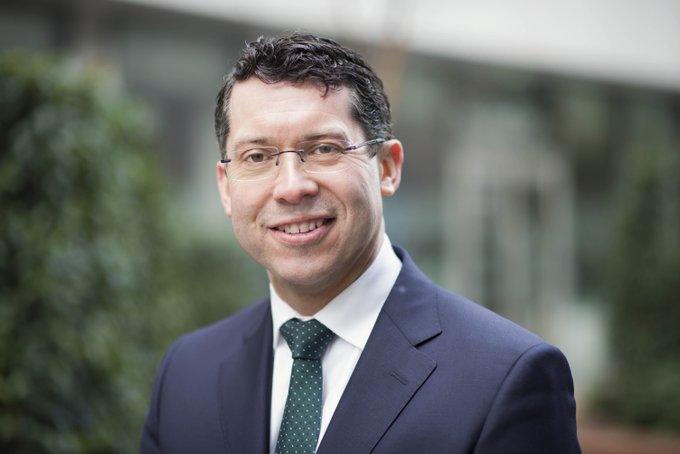
Several pro-life voices have either been re-elected to the Seanad, or won a seat in it for the first time after counting in the Seanad election finished over the weekend.
Senators Ronan Mullen and Sharon Keoghan were returned to the chamber, while Aontú won its first Seanad seat through Sarah O’Reilly. In addition, Aubrey McCarthy, who opposed the repeal of the 8th amendment won a seat as part of the Trinity College panel.
Two leading opponents on last year’s referendum on carers were also re-elected, namely Tom Clonan on the Trinity panel, and Michael McDowell on the NUI panel.